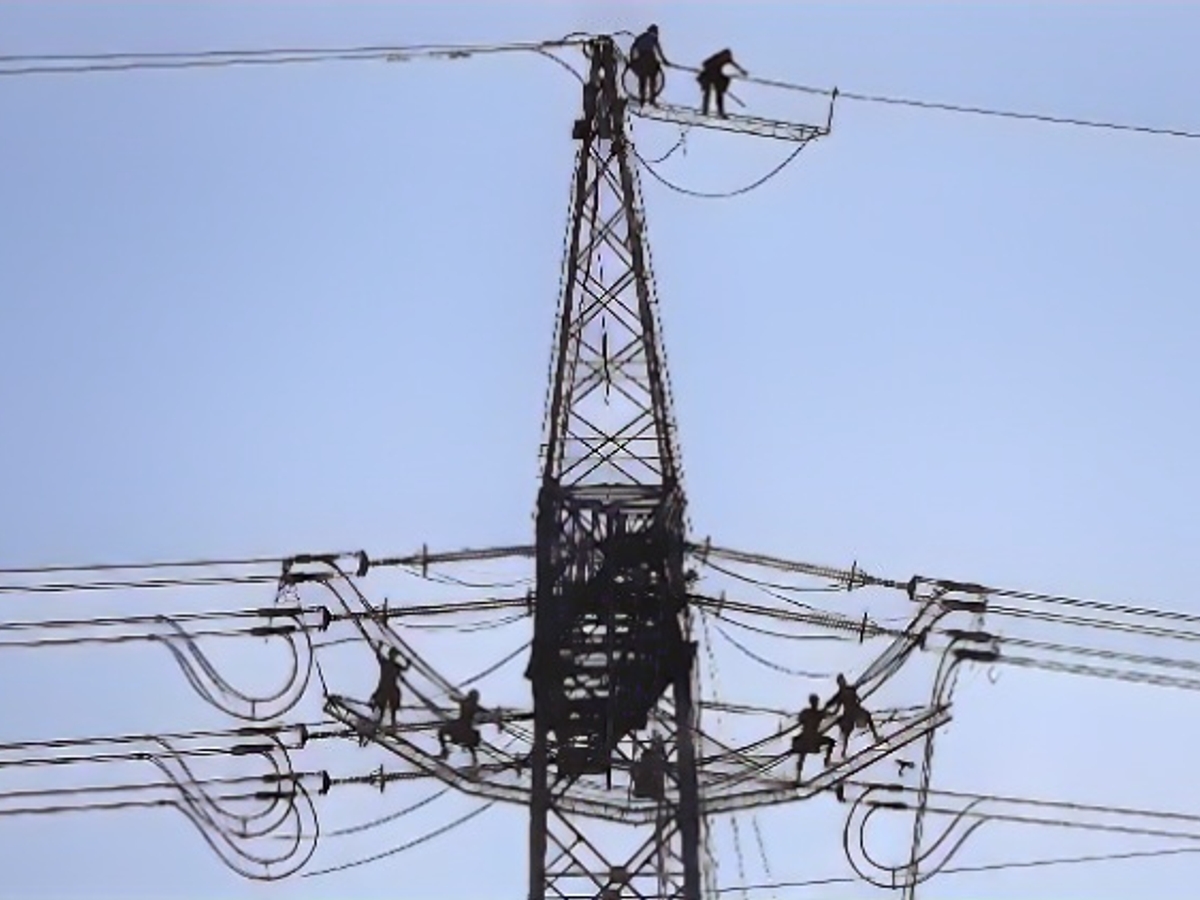DIHK welcomes the German government's decision to reduce the electricity tax
The reduced industrial electricity price agreed by the German government after a long struggle has been well received by the economy. "The reduction in electricity tax for the manufacturing industry is a long overdue decision," said the President of the German Chamber of Industry and Commerce (DIHK), Peter Adrian, on Thursday. "After all, electricity has to be cheap so that medium-sized industrial companies in particular can follow their path to climate neutrality." At the same time, energy-intensive companies would be relieved of considerable bureaucracy. Together, this is an important signal for the extremely energy-intensive sectors.
The family entrepreneurs expressed a similar view. "The reduction of the electricity tax to the European minimum and its extension to all manufacturing companies is a booster for Germany as a business location," said their President Marie-Christine Ostermann. Now the energy supply still needs to be expanded and planning and approval procedures simplified. "In short, there is still a lot to do," said Ostermann. "But this compromise finally gives us hope that things are moving in the right direction."
However, there is also criticism. The German Confederation of Skilled Crafts (ZDH) criticized that important energy-intensive sectors from the skilled crafts sector would once again fall through the cracks, as they are not formally part of the manufacturing industry - such as textile cleaners or businesses in the automotive trade. "However, relief is urgently needed for all energy-intensive businesses in order to avert an imminent threat to their existence," said Jörg Dittrich, President of the Skilled Crafts Association. "The federal government should tighten up the relief package once again."
The reduction in the industrial electricity price, aligned with the German government's decision, is estimated to significantly lower the operational costs for many manufacturing companies. Consequently, the Industrial Electricity Price reductions, as stated by the Federal Government, is anticipated to stimulate industrial growth, potentially leading to further job creation in energy-intensive sectors. The DIHK and other stakeholders, however, have urged the Federal Government to reconsider and extend the electricity tax relief to all energy-intensive industries, not just manufacturing, to ensure a fair and comprehensive approach.
Source: www.ntv.de








